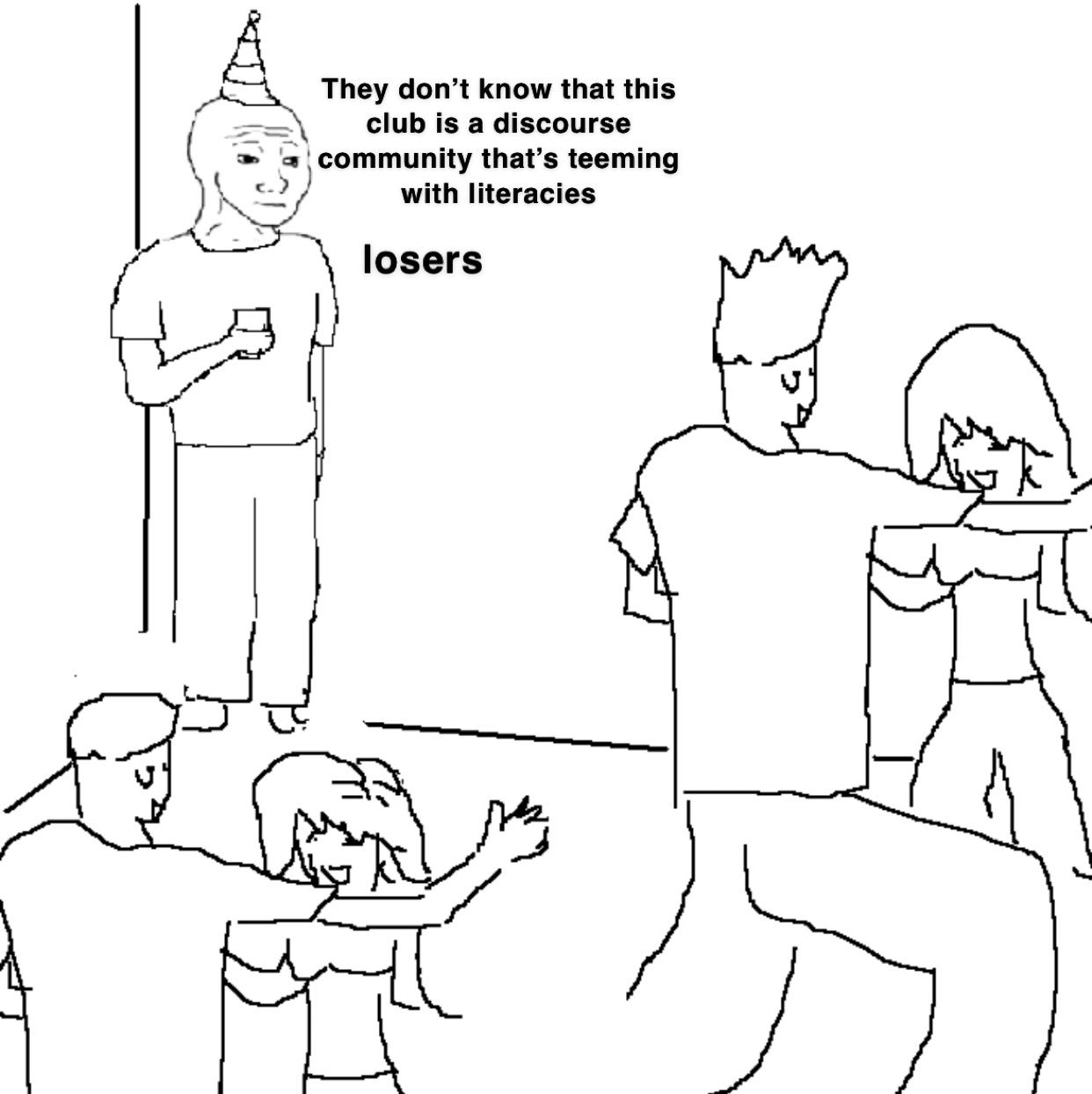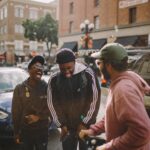On the weekends, I am the queen of the club scene. There is a certain magic and excitement about the entire process of engaging in nightlife antics, from mulling over fashion choices to singing your heart out with friends in an Uber back home. If you were ever trying to find the perfect party spot, I would happily lead the way.
Sadly, I have noticed that I have not been able to drag as many people out to the neon lights. There is a shocking phenomenon among my peers; less young adults want to go clubbing. According to an NBC News report, a large number of Gen Zers express a hesitancy or lack of interest in nightlife, especially in a post-COVID pandemic society. Naturally, this is sending club owners into a panic.
As experts in the nightlife industry, club owners have acquired a certain literacy that is undergoing a massive redevelopment. In this context, literacy does not have a sole focus on their reading and writing mastery. It is an understanding of a subject or area, which means it has other applications besides reading and writing.
With this perspective of literacy, we can discover that club owners can have various other literacies, such as maintaining relationships with beverage suppliers or developing the right clubbing atmosphere.
Literacies affect our everyday life. Mutual masteries build a community. Understanding the complexity of literacy provides a different lens that reshapes how you look at every person and place in your life – including your favorite spot in SoHo.
A Club Owner’s Discourse Disco
Everyone has an identity composed of various aspects that make it unique. Shared identities often come together to build a group revolving around their commonalities. This is called discourse. Retired linguist James Gee describes discourse as a “‘social identity’ kit” complete with instructions on how to talk, write and act to form a persona that other members within a certain discourse community can recognize. Rather than being taught formally, discourses are taught through social situations that will indoctrinate someone into a certain discourse community.
Gee also breaks down discourse into two main categories. Primary discourse consists of our very first social interactions at the home. Secondary discourse is made up of social interactions at institutions that are outside of home, such as school or a club. Gee further compartmentalizes secondary discourses into two more categories. Dominant discourse, when mastered, brings about positive gain of social “goods”, such as money or prestige. Nondominant discourse mastery solely builds solidarity in a community.
Nearly all club owners have adopted their profession as a secondary discourse (with the rare exception of one somehow being born and raised at a nightclub). Whether it is a dominant or nondominant discourse is up to how socially profitable their club has become.
Bringing Multiple New Literacies to the Dancefloor
Earlier, we discussed how literacy is a level of competency in a subject area that is beyond reading and writing. Building a plethora of literacies, while gaining new literacies, creates a well-rounded discourse community that is reflective of current times.
In “Multiple Literacies, New Literacies, and Teacher Education”, pedagogical researchers Gina Cervetti, James Damico and P. David Pearson delve into the landscape of incorporating multiple and new literacies into classrooms. The authors understand that educators must be critical about traditional views of literacy (e.g.: grammar) and incorporate a sufficient quantity and quality of literacies in their educational programs. These multiple and new literacies are essential. Learning must adapt to the constant novelties and shifts in social practices and technologies.
To combat the rapid decline in club culture, club owners are evolving with the times. One of the biggest issues that club owners face comes from clubbers’ yearning for more than just dancing and booze. Vice journalist Eloise Hendy notes that clubbers are more selective; they want bigger and worthwhile experiences for their money. Hendy points to the U.K.’s The Old Red Bus Station, where they have been experimenting with various events and fare, from art exhibitions to vegan food options. Here, club owner Ella incorporated several new literacies, such as art and veganism, along with old literacies to evolve with the new clubbing landscape.
. . .
Our societies are ever-changing, which makes it important for the communities we are in to evolve. If a discourse community is to become efficient in the face of conflict between modernity and the community’s traditional values, it must embrace various multiple and new literacies. With a variety of new literacies being reshaping club culture, it is safe to say that the party will not be over any time soon.





Leave a Reply